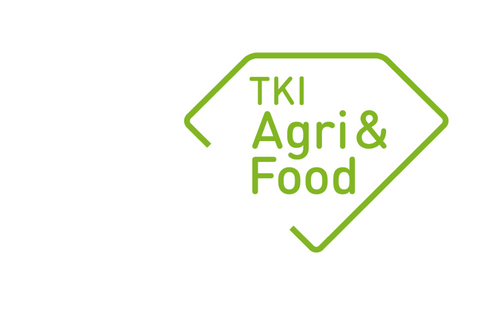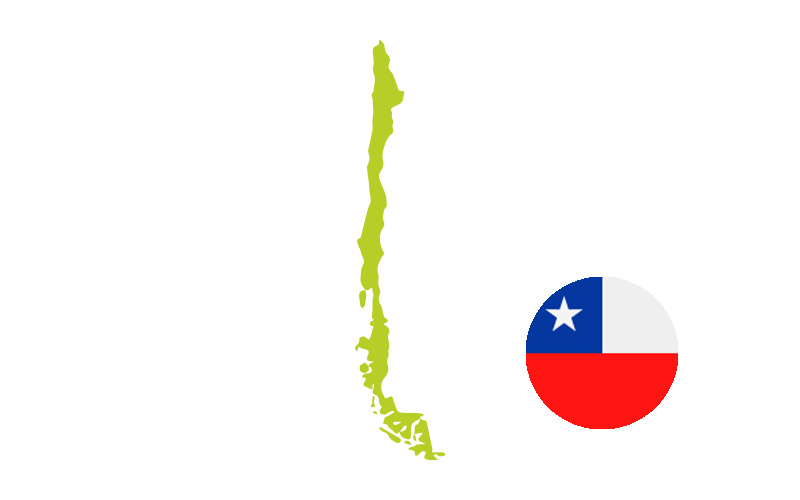Projecttitel: Potential of the Chilean seaweed sector: sustainable large scale production and beneficial effects of local seaweed varieties
Projectnummer: SMP-2205
Land: Chili
Looptijd: 2022
Budget: € 40.000
Projectleider: Wouter Muitzelaar
Kennisinstelling: Wageningen University & Research
Chile is the world largest producer of seaweeds when harvested from the wild, but only ranks 6th when also taking seaweed aquaculture into account. Chilean seaweed originates mostly from wild harvest, a method where coastal or washed ashore seaweeds are directly harvested from natural occurring seaweed rich areas. These seaweeds are then dried and processed mainly for their carbohydrates. The coastal seawater of Chili is, due to the Humboldt current, generally nutrient rich and relatively cold, an ideal environment for a rich seaweed biodiversity. These conditions are also optimal for large scale sustainable seaweed cultivation which is not a practice yet in Chili. For external companies it is difficult to obtain licences to cultivate seaweed, while local indigenous communities already have large, protected concessions (>150.000 hectare) in the coastal areas of the los Lagos region that are highly suitable for seaweed farming. Exploring the potential of sustainable large scale seaweed production and application offers opportunities for indigenous communities to further develop seaweed cultivation and setup new markets.
The supply and demand of this new market should be matched in order to allow the market to grow. Together with the consortium partners both the seaweed production, local communities, livestock sector and international research organisations are connected to explore the potential of native Chilean seaweeds.
End presentation
Deel dit bericht


